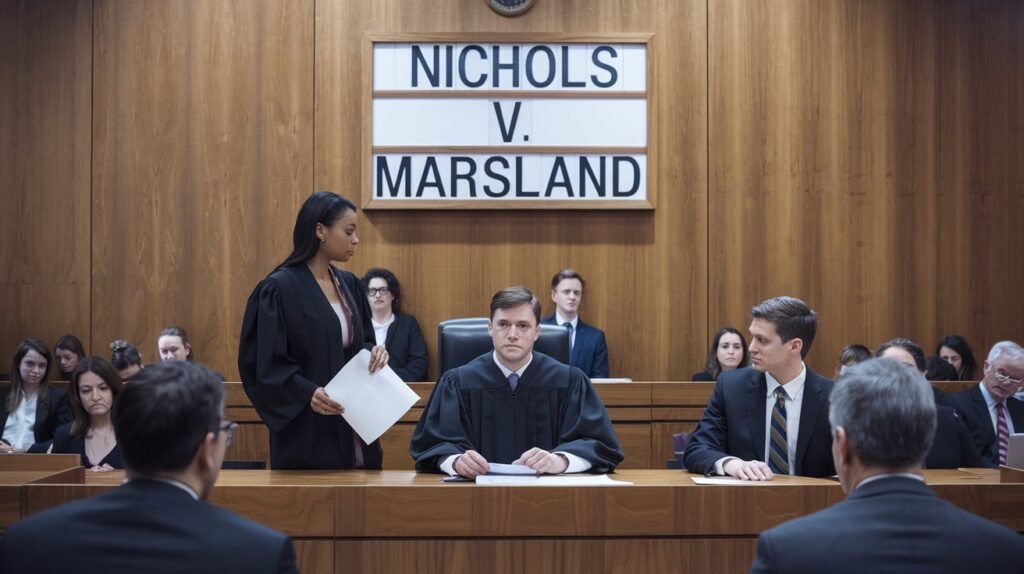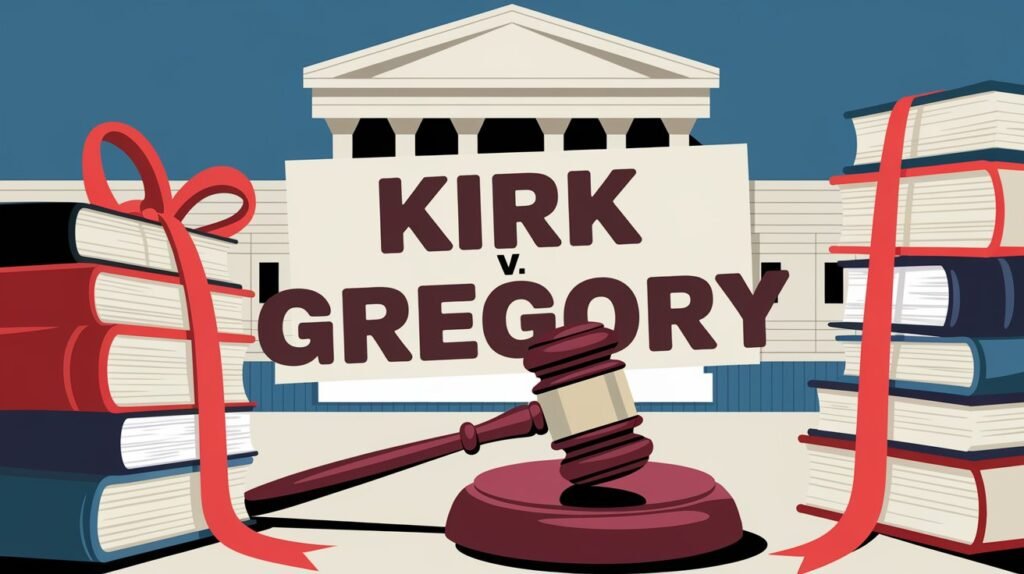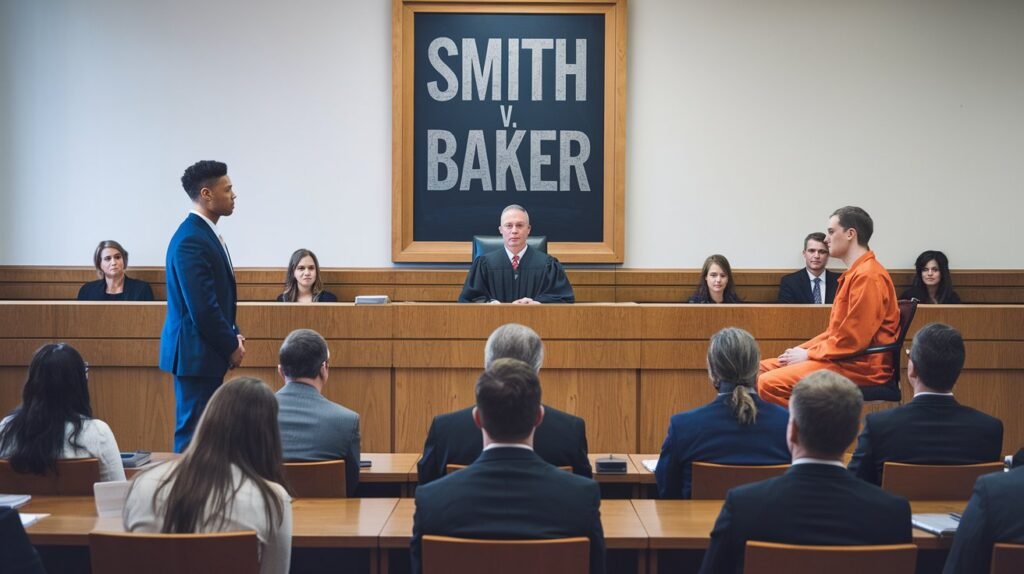Gloucester Grammar School Case 1410 (Case Summary)

This landmark case laid down the principle that an individual cannot claim damages for an economic loss resulting purely from lawful competition, thereby introducing the concept of ‘damnum sine injuria’ (damage without legal injury).
Table of Contents
ToggleFacts of Gloucester Grammar School Case
- The plaintiff, a teacher in Gloucester, operated a school and charged students for lessons.
- The defendant, another teacher, established a competing grammar school in the same locality and charged lower fees.
- As a result, many students left the plaintiff’s school, causing a loss of income for the plaintiff.
- The plaintiff sued the defendant, claiming damages for the economic loss caused by the competition.
Issues framed
- Whether lawful competition that causes economic harm constitutes a legal injury?
- Whether the plaintiff will recover damages for loss of income due to the defendant’s actions?
Judgment of Gloucester Grammar School Case
The case revolved around the principles of common law concerning economic loss and legal injury.
The court held that although the plaintiff suffered economic harm, the defendant’s actions were lawful. It was established that lawful competition does not amount to a legal injury, even if it causes damage to another party’s business.
The court dismissed the plaintiff’s claim, ruling in favor of the defendant. The judgment emphasized that “damage without injury is not actionable,” solidifying the principle of damnum sine injuria.





